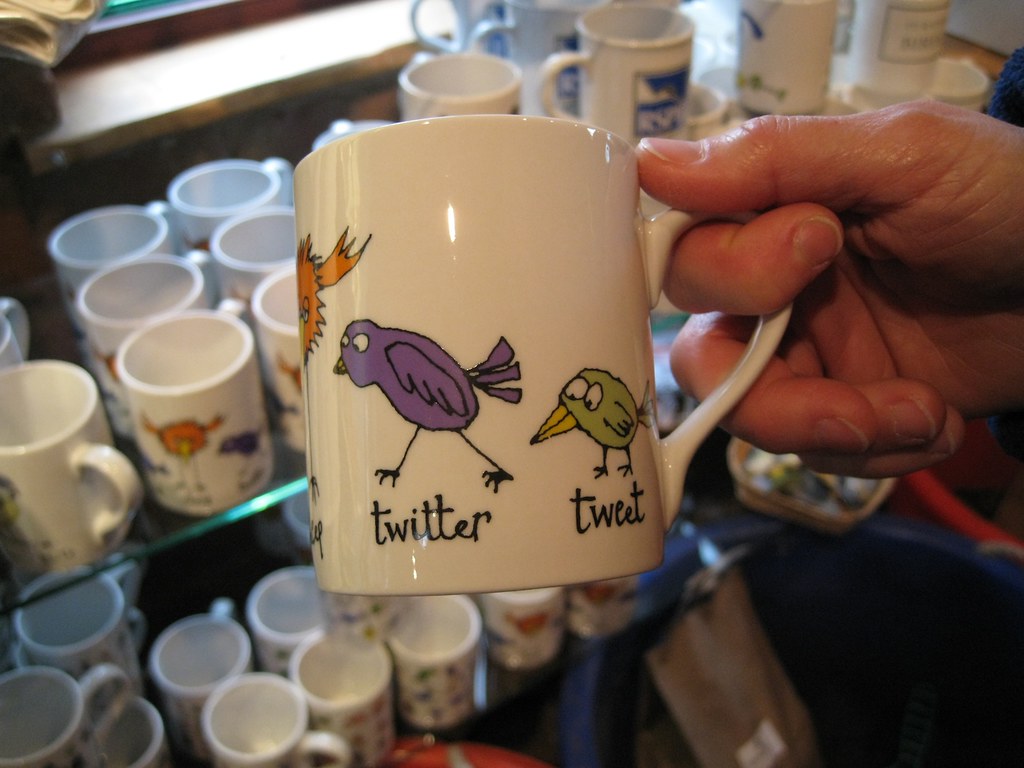I always thought that Larry Summers was an idiotic choice for President of Harvard — and that Obama was crazy to choose him as a senior economic adviser, but it turns out we didn’t know the half of it. Here’s an excerpt from a wonderful column by Frank Rich which explores the extent to which Summers is ethically challenged:
On the same Friday that the Labor Department reported the latest jobless numbers, the White House released (in the evening, after the network news) some other telling figures on the financial disclosure forms of its top officials. From those we learned more about how much the bubble’s culture permeated this administration.
We discovered, for instance, that Lawrence Summers, the president’s chief economic adviser, made $5.2 million in 2008 from a hedge fund, D. E. Shaw, for a one-day-a-week job. He also earned $2.7 million in speaking fees from the likes of Citigroup and Goldman Sachs. Those institutions are not merely the beneficiaries of taxpayers’ bailouts since the crash. They also benefited during the boom from government favors: the Wall Street deregulation that both Summers and Robert Rubin, his mentor and predecessor as Treasury secretary, championed in the Clinton administration. This dynamic duo’s innovative gift to their country was banks “too big to fail.”
Some spoilsports raise the conflict-of-interest question about Summers: Can he be a fair broker of the bailout when he so recently received lavish compensation from some of its present and, no doubt, future players? This question can be answered only when every transaction in the new “public-private investment plan” to buy the banks’ toxic assets is made transparent. We need verification that this deal is not, as the economist Joseph Stiglitz has warned, a Rube Goldberg contraption contrived to facilitate “huge transfers of wealth to the financial markets” from taxpayers.
But perhaps I’ve become numb to the perennial and bipartisan revolving-door incestuousness of Washington and Wall Street. I was less shocked by the White House’s disclosure of Summers’s recent paydays than by a bit of reporting that appeared deep down in the Times follow-up article on that initial news. The reporter Louise Story wrote that Summers had done consulting work for another hedge fund, Taconic Capital Advisors, from 2004 to 2006, while still president of Harvard. [emphasis added]
That the highly paid leader of arguably America’s most esteemed educational institution (disclosure: I went there) would simultaneously freelance as a hedge-fund guy might stand as a symbol for the values of our time. At the start of his stormy and short-lived presidency, Summers picked a fight with Cornel West for allegedly neglecting his professorial duties by taking on such extracurricular tasks as cutting a spoken-word CD. Yet Summers saw no conflict with moonlighting in the money racket while running the entire university. The students didn’t even get a CD for his efforts — and Harvard’s deflated endowment, now in a daunting liquidity crisis, didn’t exactly benefit either.
Summers’s dual portfolio in Cambridge has already led to one potential intermingling of private business and public policy in his new White House post. He tried — and, mercifully, failed — to install the co-founder of Taconic in the job of running the TARP bailouts. But again, Summers’s potential conflicts of interest seem less telling than the conflict of values that his Harvard double-résumé exemplifies…
Interesting footnote: As I observed a while back, Harvard’s endowment (which pays for a third of the university’s operating costs) is in deep, deep trouble. Partly this is due to the collapse in the stock market. But it is made worse, as the New York Times reported, because — on the advice of its President — “it had invested more than its assets, a leveraging strategy that can magnify results, both good and bad. It also had invested heavily in private equity and related deals, which not only lock up existing cash but require investors to put up more capital over time.”
The truth is that Summers is a creature of the monster he is now charged with nursing back to health. Why should anyone believe that he is capable of acting impartially — or even ethically — given his record?


